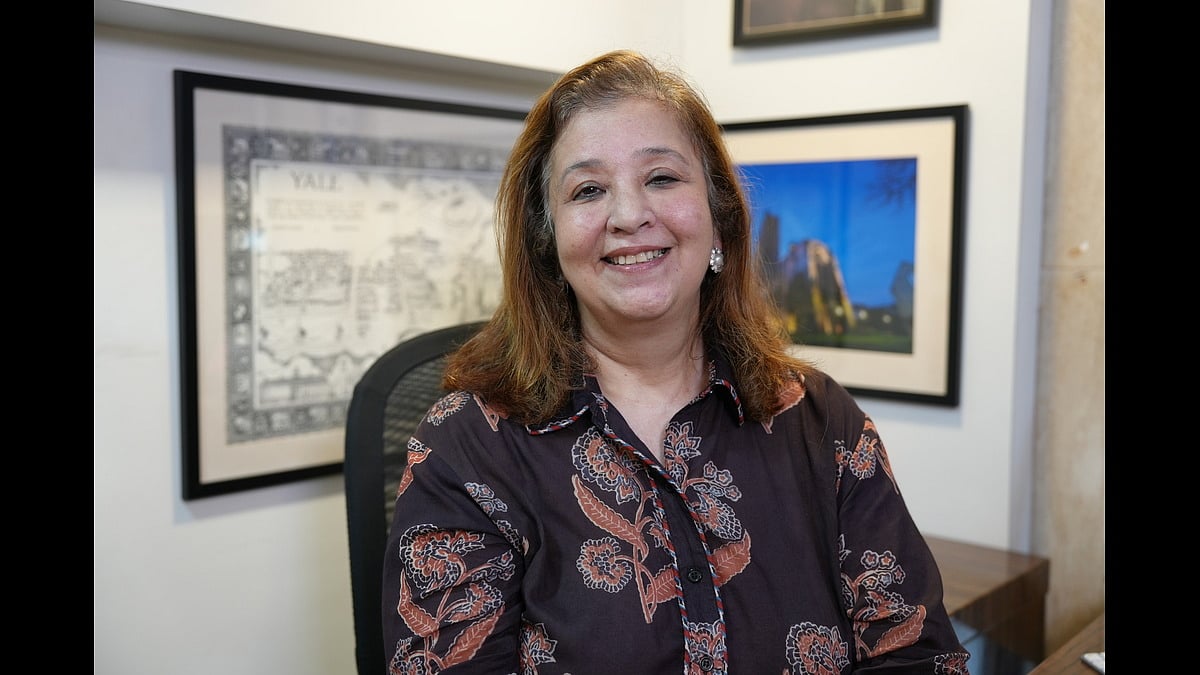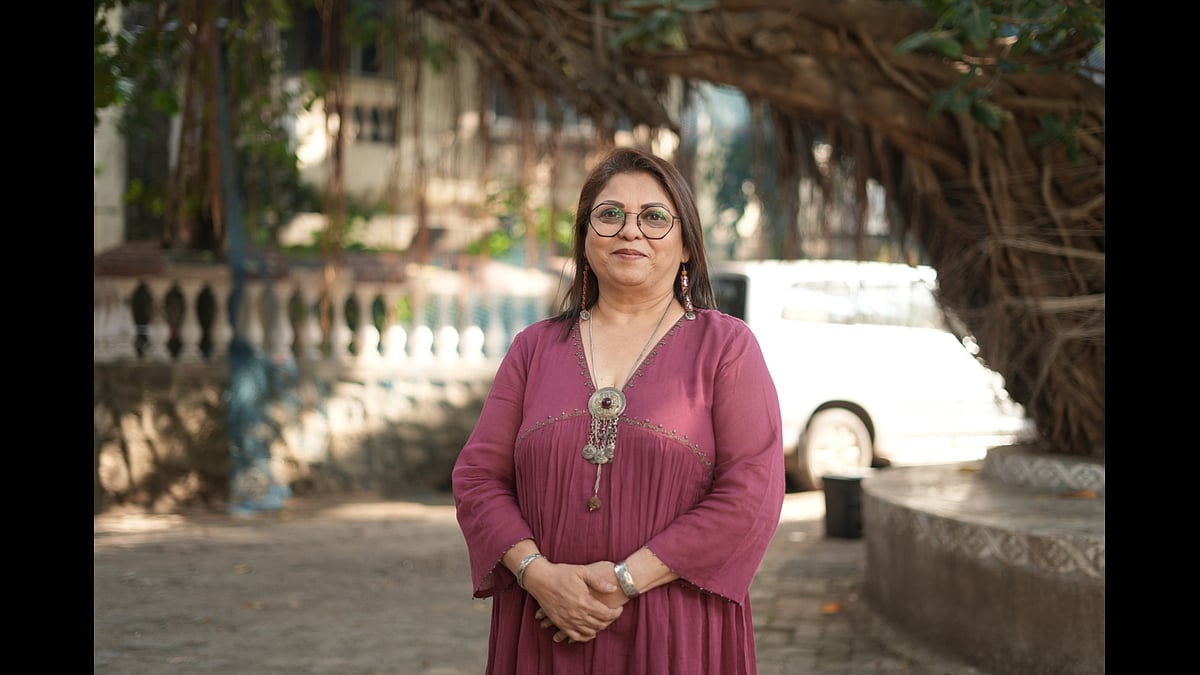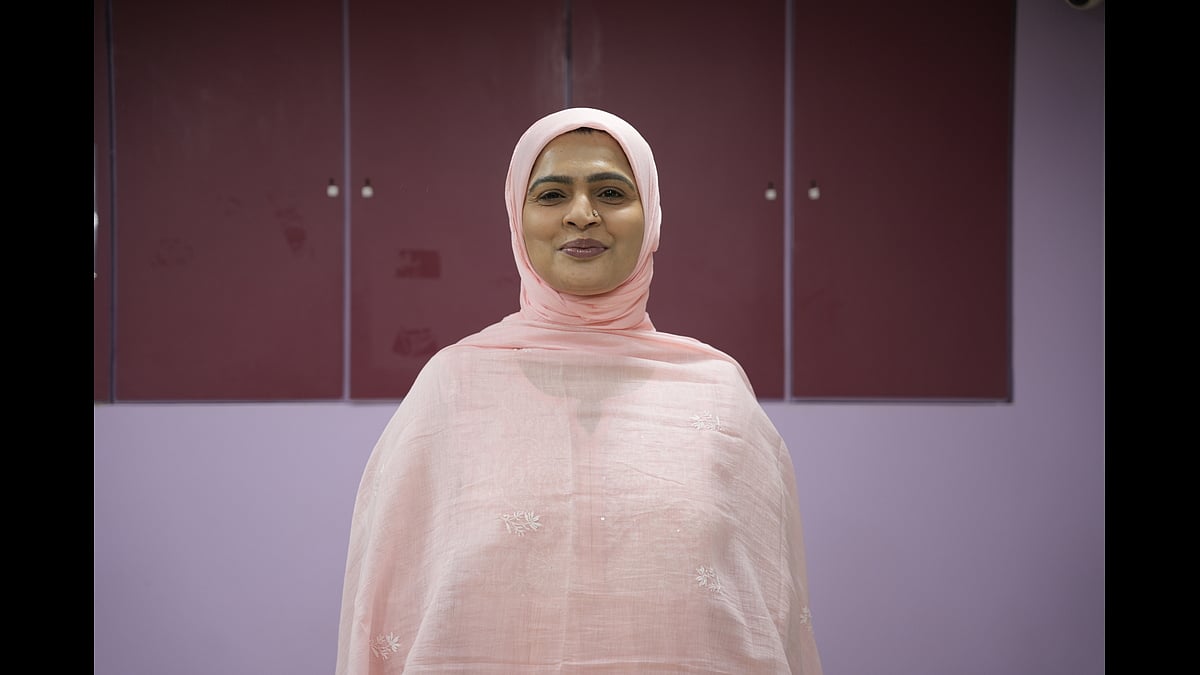
Pankaj Joshi, urban planner & architect, principal director of Urban Center Mumbai |
Sitaram Shelar founded the Paani Haq Samiti to build support for the idea that universal access to water supply is a Constitutional right.
Sitaram Shelar’s formative memories are all surrounded by water. Born in Saloshi, a village located along the backwaters of the Koyna River, it was when Shelar moved to Mumbai as a youngster that he first witnessed fights and scuffles over water. While residents of plush apartment complexes receive and use more than 200 litres of water per capita per day, in the slum colonies, where more than 50% of the city lives, people struggled to access even 50 litres per person in a day.
In 2006, the Brihanmumbai Municipal Corporation (BMC) proposed to privatise the supply and metering of water in one administrative ward. “That started our fight towards a universal right to potable water,” he recounted.
“We were of the opinion that the local people, irrespective of their socio-economic and educational standards, had the right to know and react towards a policy that would impact them,” he said. Paani Haq Samiti’s volunteers decided to go door-to-door to mobilise public participation in their campaign seeking universal access to water.
In 2011, Shelar and his team filed a public interest litigation seeking water supply to Mumbai’s slums. In a December 2014 judgement, the Bombay High Court reinforced the right to get water as a fundamental right, intrinsic to the right to life. “There is no law or policy that mandates the state to provide water connections to all, but the 2014 judgement gave us a boost after the judges ordered the municipality to ensure water supply for all,” Shelar said.
Pipeline-laying has begun in several informal settlements where the Samiti has worked for over a decade.









